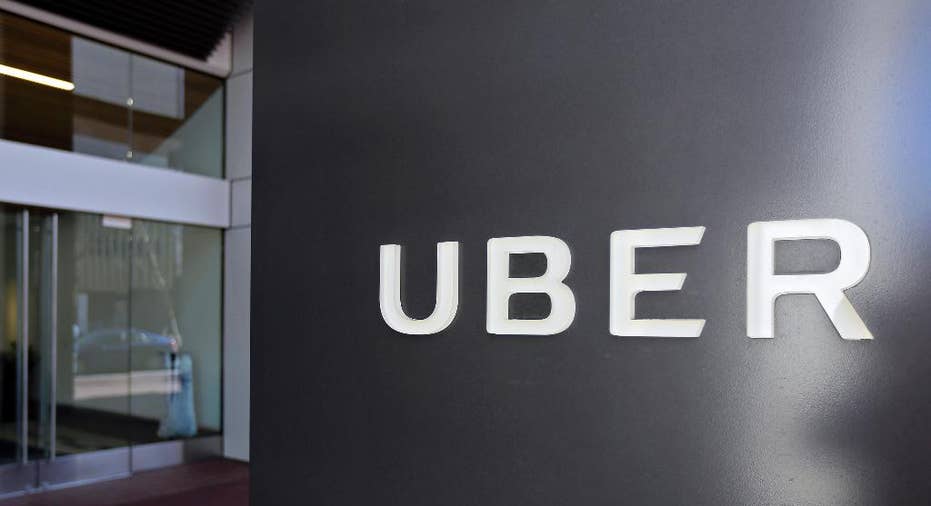Feds probe Uber's use of fake app to stymie city inspectors

DETROIT – The Justice Department is probing allegations that Uber used phony software to thwart city officials looking at whether the ride-hailing company was following local regulations.
The city of Portland, Oregon, said in an April audit report that it was notified of the federal inquiry by the U.S. Attorney's Office in San Francisco. Portland says it is cooperating. Uber and the U.S. Attorney's Office both declined to comment.
Reuters and other news outlets have reported that the investigation is a criminal probe currently before a grand jury.
GREYBALLING THE OVERSEERS
Uber's software — nicknamed "Greyball" — identified regulators who posed as riders while trying to collect evidence that Uber's service was breaking taxi laws. Uber allegedly served up a fake version of its app to make it appear the undercover regulators were summoning a car, only to have the ride canceled.
Portland officials began investigating Uber after the New York Times disclosed the existence of Greyball in March. "The city of Portland was notified by the United States Attorney of the Northern District of California that Uber is the subject of a federal inquiry," the audit report stated.
In the audit report, the Portland Bureau of Transportation found that Uber tagged 17 rider accounts with Greyball, 16 of which were government officials. Uber used the software to "intentionally evade" city transportation officers between Dec. 5 and Dec. 19, 2014, the report said.
The company pulled out of Portland on Dec. 21, 2014, but returned late in April of 2015. After that, the audit found no evidence that Uber used Greyball, the report stated.
"Finding no evidence of the use of Greyball or similar software tools after April 2015 does not prove definitively that such tools were not used. It is inherently difficult to prove a negative," the report said.
SHADES OF GREYBALL
Uber said in an April 21 letter to the city that its own investigation indicated that Greyball was used "exceedingly sparingly" in Portland. The company said it removed all Greyball tags in Portland back in April 2015 and has not used them since.
Uber has acknowledged it used Greyball to counter regulators working with the company's opponents to entrap its drivers. It was part of a broader program called VTOS, shorthand for "violations of terms of service," that Uber says it developed to protect its service.
"This program denies ride requests to fraudulent users who are violating our terms of service — whether that's people aiming to physically harm drivers, competitors looking to disrupt our operations, or opponents who collude with officials on secret 'stings' meant to entrap drivers," Uber said.
Less than a week after Greyball was exposed, Uber said it stopped using the software.
The company's cat-and-mouse game with regulators is just one example of Uber's aggressive tactics in its battle with the heavily regulated taxi industry. Uber has built a rapidly growing company valued by its investors at more than $60 billion — but one that is nevertheless frequently accused of bending the rules.



















